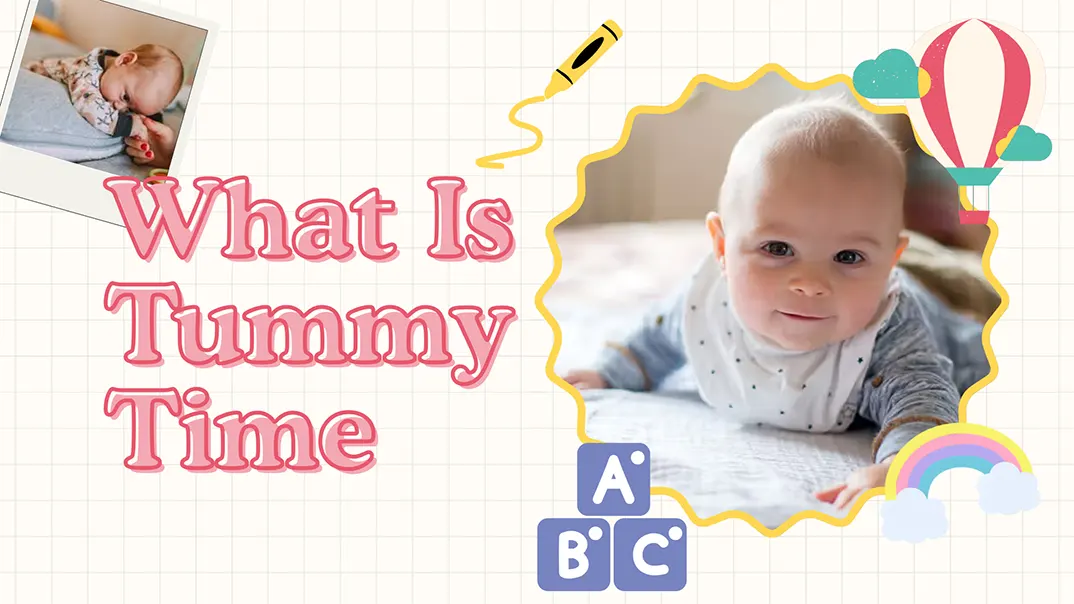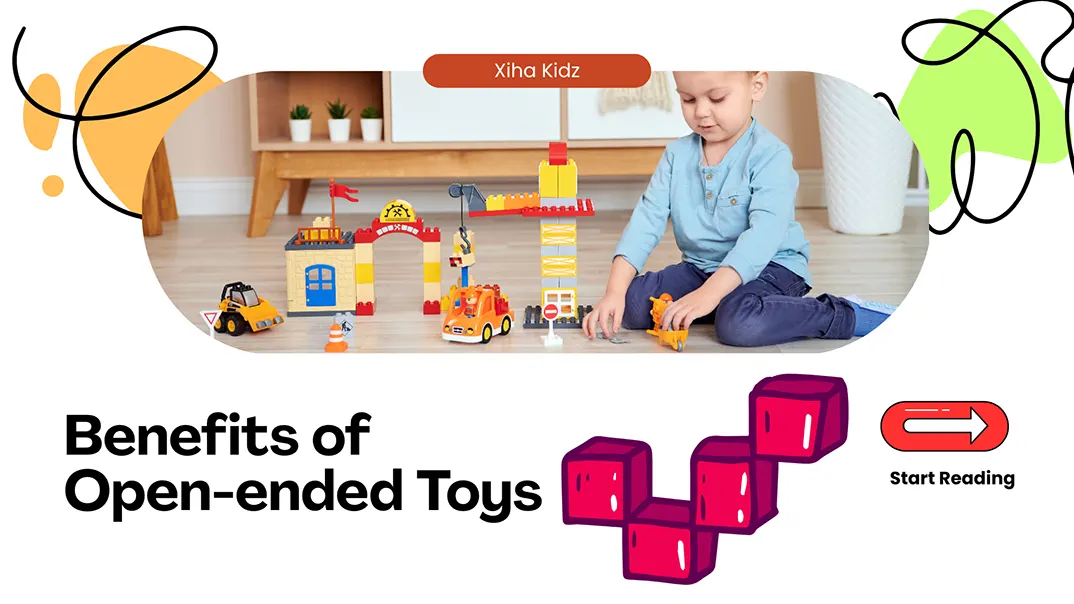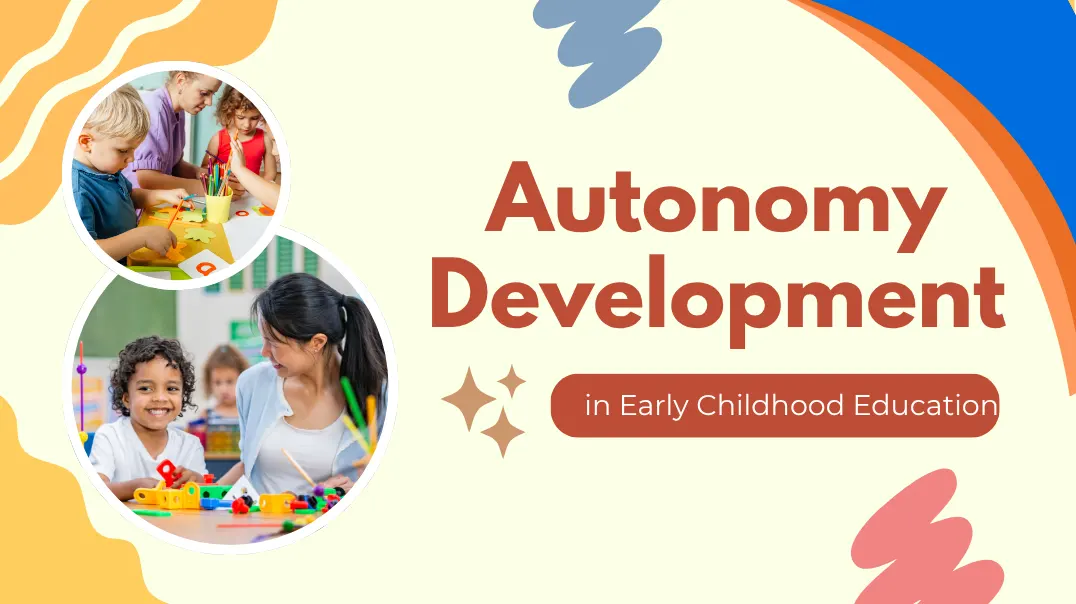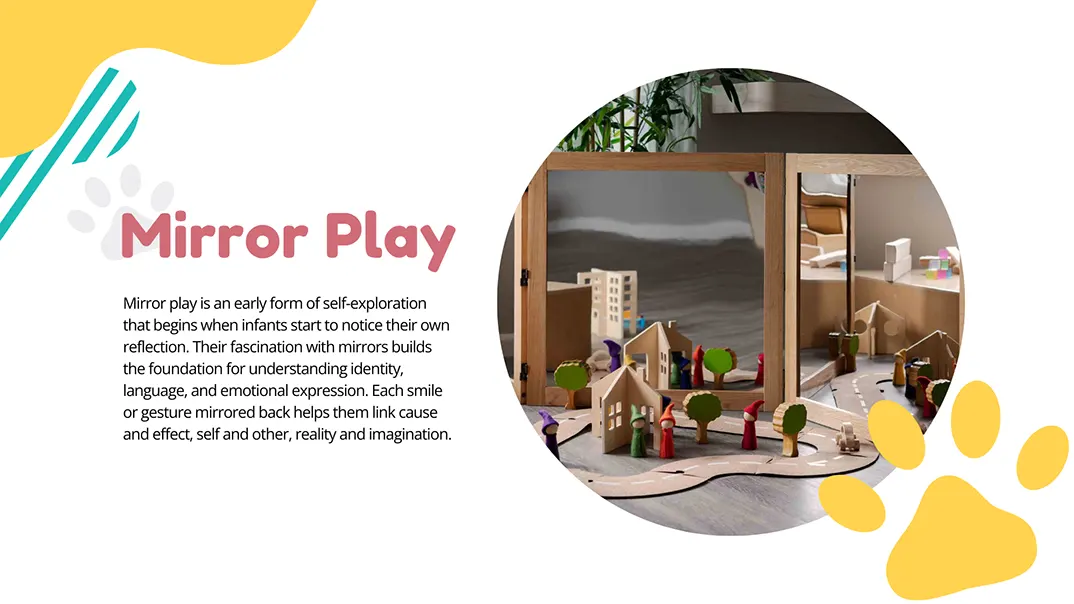
Tummy time is an important early activity that helps babies strengthen their neck, shoulder, and core muscles while developing essential motor skills. This article explains what tummy time means, its developmental benefits, and how to create a safe and enjoyable environment for your baby. You will also find simple, playful ways to make tummy time engaging using toys, mirrors, and sensory materials.









